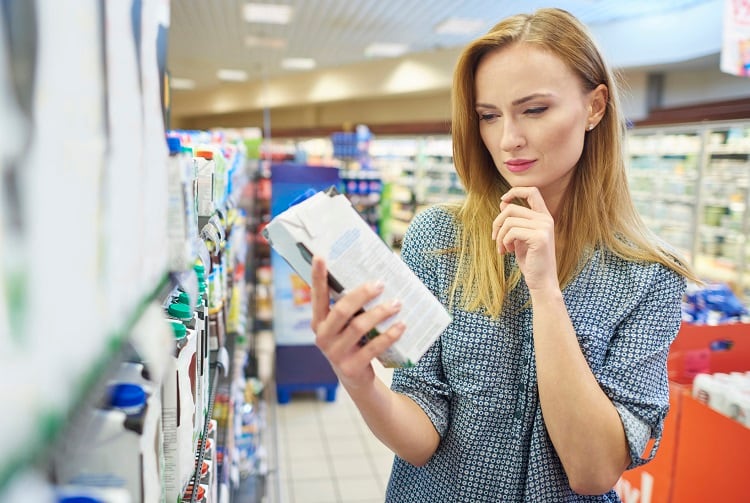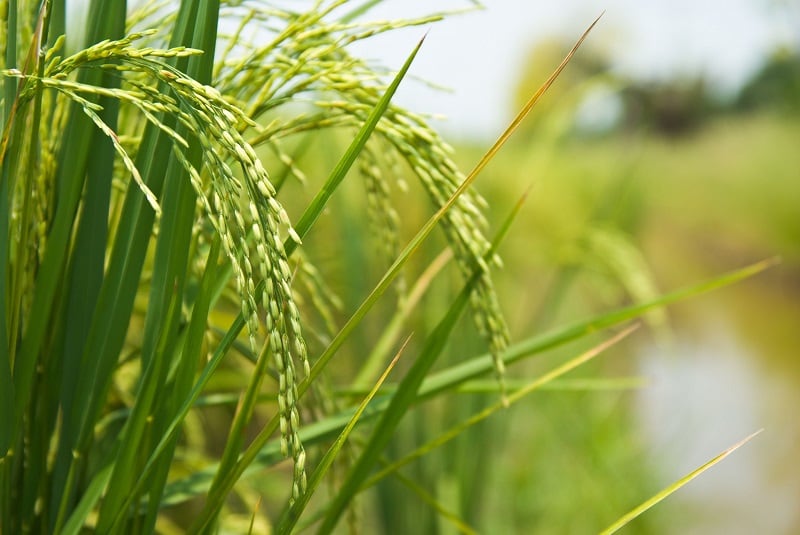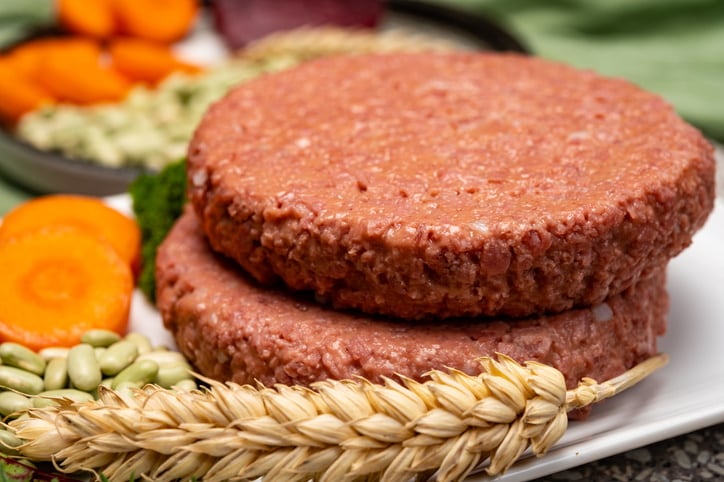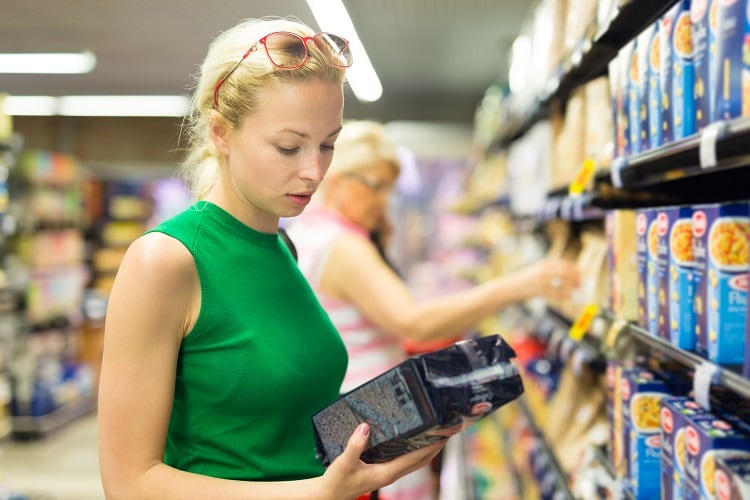In the Farm to Fork (F2F) strategy, the European Commission wants to establish a set of legislative proposals to outlaw misleading information in food.
How are consumers being misled? According to not-for-profit Safe Food Advocacy Europe (SAFE), the Commission might find the answer in a commonly used term on-pack: ‘natural’.
Without a legal definition for the term, consumers are ‘being misled by incorrect claims’, argues SAFE, who is leading a campaign to legally define ‘natural’ for foodstuffs across the bloc.
MEPs push for ‘natural’ definition
More than 30 MEPs have signed a letter to European Commissioner for Health and Food Safety, Stella Kyriakides, requesting a legal definition of the term ‘natural’ be established.
Without such a definition, the Commission risks jeopardising the shift to healthy, sustainable diets, argue the MEPs. This is because the claim is ‘often used’ by food manufacturers to promote food characteristics that ‘diverge consistently’ from the final product’s composition.
For consumers, ‘natural’ relates to minimal processing and/or the absence of additives, noted SAFE. And for the not-for-profit itself, ‘natural’ in food means a product devoid of GMOs and synthetic substances that is 100% biodegradable.
Ultimately, SAFE believes the term is both over- and misused. The not-for-profit recently analysed the composition of ‘hundreds of products’ on-shelf that carried the ‘natural’ claim. Findings revealed a majority of products analysed contained chemical and synthetic substances, which SAFE stressed are ‘far from natural’.
Commission called to action
Federica Dolce, Policy Officer and Project Coordinator at SAFE, told FoodNavigator that products with a ‘true natural value’ should be properly differentiated from those with ‘false’ claims. “This will also help competition and innovation within the food sector – which is one of the most important points of the F2F strategy,” she added.
“The transition to a greener and more sustainable food system cannot happen if food producers can still claim characteristics that do not match consumer expectations.”
The letter was submitted to the European Commission on 10 February, and SAFE expects to receive a response next month.
“Currently, the discussion among the Commission, Parliament and other stakeholders is trying to define how to address the issue legally, and the next Presidencies might pay an important role in this,” Dolce explained.
“Further discussion will be needed to amend the current legislation and to define ‘natural’ for food products.”





